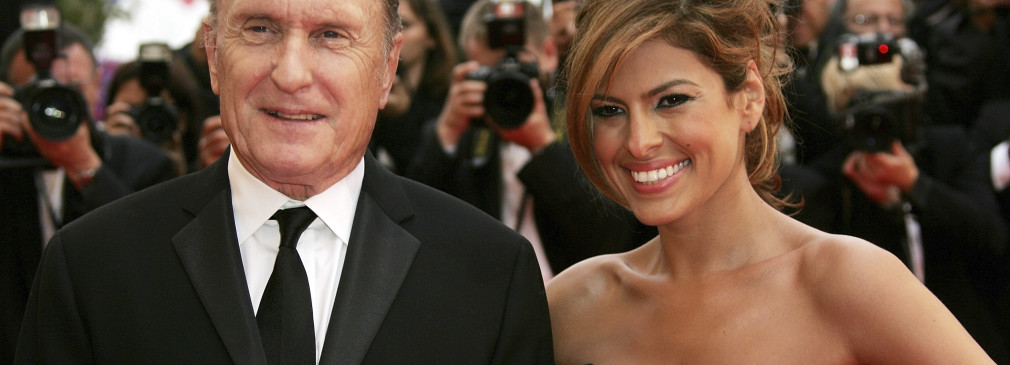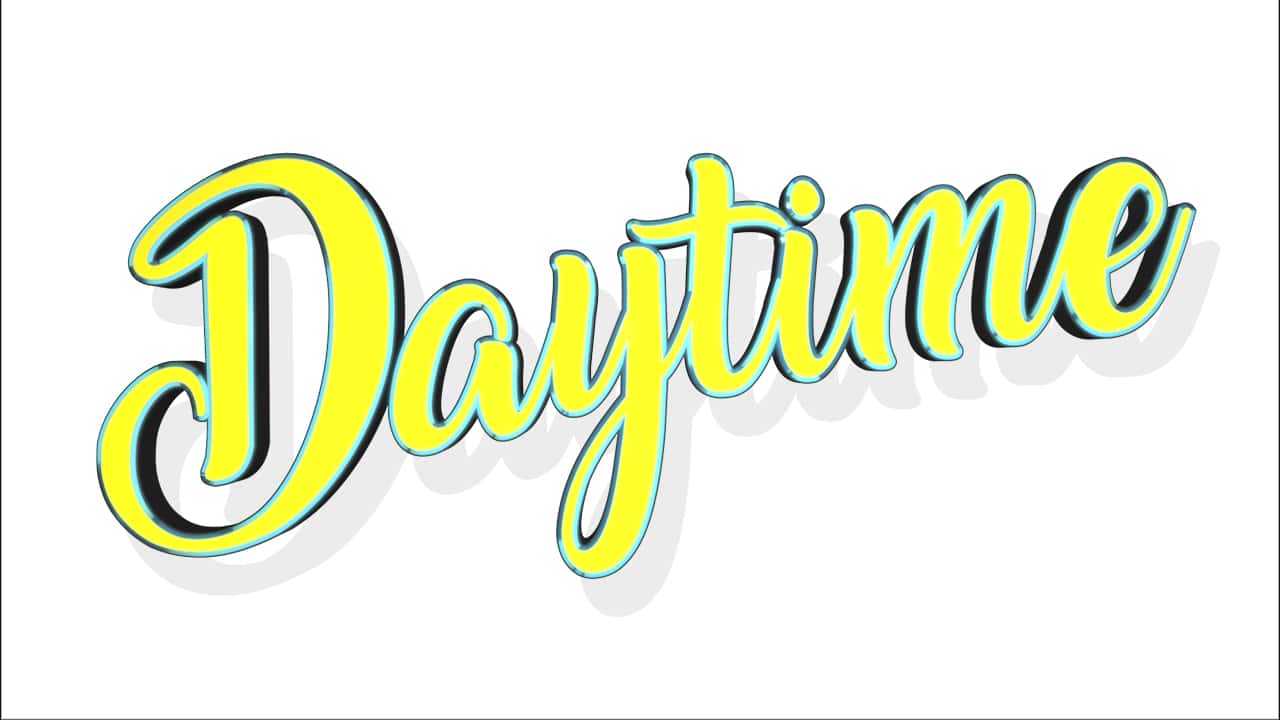
With no director or cinematographer in sight, the man sets the scene with his very presence. Fields stretch out past a wooden porch set against an autumn sky, with horses roaming just along the horizon; all simply because he’s talking.
He’s kind and gracious, always thinking of his guest, even in a conversation, incorporating phrases and pauses that demonstrate a fluency in “Texas Friendly.” Speaking with a silent authority and easy confidence that is hard to describe but harder to ignore, it even paints him into the scene – the sage grandfather, telling tales of how it used to be and how much things have changed.
And the West itself, all sepia toned vistas and broken-in leather, is in his candor, his occasional swear word – never in disrespect – and an accent so weathered and filled with warmth that it’s tough to believe that the Lone Star State didn’t produce the man from native clay and breathe him into being on some piece of wild prairie land.
But, no. Robert Duvall, as tied as he is to Texas through the roles he’s played – whether for his Academy Award-winning turn in Tender Mercies, his critically hailed performance in and directing of the film, The Apostle, or his most famous role, the part of Gus McCrae in Lonesome Dove, which inexorably tethered him to the state as the larger-than-lifeTexas Ranger – is not a native Texan.
Duvall – who has played too many roles to list, dating all the way back to 1962, when he played an iconic Boo Radley to Gregory Peck’s Atticus Finch in To Kill a Mockingbird – instead hails from the myriad points of origin of a military family. San Diego, St. Louis and Annapolis all play a significant part in the rich history of Duvall’s tale, and lend the distinct air of adventure to a man whose roles have echoed through decades and who continues to contribute to the endless tapestry that is his trade.
And, though he’s not native to the land, like every good Texan, Duvall is a storyteller at heart.
Duvall served his country early in life, joining in the U.S. Army voluntarily, a fact which aligns well with the presumption that he is a Texan. So many legends born here, both fictional and real, do so. But it was a part of his blood and his heritage, and a natural step for the son of a decorated naval officer. But, instead of ‘going career,’ it was during this time that he discovered his aptitude for playing a part. Carving out roles in stage plays during his service, the words of friends and the urging of his family set him firmly on the path to becoming a star upon his return.
“My parents were the ones who kind of pushed me into acting,” he says. “They were a military family and it was an expedient thing to get me through school, because I wasn’t doing well at the end of the Korean War.”
Of course, in the fashion of true legends, it allowed him to cross paths with other legends in the making who shared his passion for the craft. “I went to New York and I had friends, Dustin Hoffman, Gene Hackman and Jimmy [James] Caan, who I still keep in touch with more than anybody,” he casually explains.
The group has since shared success, both together and apart. Asked if this is what he expected, Duvall lets his humility shine. “We all dreamed,” he admits, “and you didn’t know where your dreams were going to take you, but fortunately, everything worked out.”
Duvall’s story, though well-documented, is far from finished. How does he still manage to be so prolific? His answer comes with a laugh and a simple explanation. “They offer me good parts,” he says. “When they stop offering me good parts, that’s when it ends, I guess.”
They’ve been coming for quite a long time. And that longevity is what prepared Duvall for yet another role, for which he never needed to audition – that of a sage observer. Having been through decades of change in Hollywood, he has a unique perspective on what differs from the early days of the silver screen to the multi-million dollar productions that make their way to cinemas today.
“Everything’s more realistic now,” Duvall explains, “less staccato and more lifelike.” From the fantasy worlds that made their way to theaters in the 1950s and ’60s, the gritty realism that is pervasive in cinema today supports his point.
He uses a tried and true method he observed from one of the greatest actors of all time as proof. “[Marlon] Brando used to watch ‘Candid Camera’ and that’s what influenced his wonderful gifts.” It’s no wonder that acting has improved to mirror reality since then, and less a wonder that someone as quietly observant and willing to learn as Duvall has evolved alongside the craft. This dedication to an honest, reality-based portrayal of characters has served him well.
“You know my favorite part, my Hamlet, my Henry the V was Augustus McRae in Lonesome Dove,” Duvall says. “Yet, I loved when I played with Richard Harris in Wrestling Ernest Hemingway,” he adds, reminded of a less successful release than either his magnum opus or his cameo roles in blockbuster films. “I played a Cuban barber,” he proudly states, “and I worked as hard on that as any I ever worked. I like to try different things. So, if something comes around the corner to surprise me – a Scottish guy, a Russian, a German, whatever – I like to do different character parts that come out of me, but are still truthful.”
And, suddenly, his words and cadence begin painting that West Texas horizon and bringing the world into a soft focus as he reaches into the wisdom that the years have forged. “Somebody once said that there’s no right or wrong, there’s just truthful and untruthful, so I try to be as truthful and make it as lifelike as possible.”
His truthfulness is not relegated solely to the roles he’s played. As greater differences have become apparent since those days when he first began his acting career, Duvall considers what newer truths have emerged. Culture has shifted, world views have been altered and society has continued to mature through civil unrest and technological advances that have increased the audience for media, whether television or film, ten-fold. The world of film and filmmaking has changed for the better. “Black actors, white actors, European actors, they’re just good actors, now.”
His smile is obvious as he adds, “Filmmaking’s a continuously surprising medium.”
Duvall still maintains aspirations and has never lost the dreams that powered he and his friends from start to stardom. But his journey has taught him not to map it out so carefully. “Sometimes,” he says, “when you plan something, something will come around the corner that is better than what you are planning. So, there may be a few surprises left.”
He has no illusions about his entire body of work, however. Among the star-maker turns, there have been the occasional flops. Straight shooter that he is, Duval makes no apologies for taking lesser roles or roles in lesser films. “I’ve done some lousy crap,” he admits, “but like they say, ‘I’ve got to make a living,’ so I do stuff that’s not great.” It’s another flash of the honesty that makes him so relatable.
Still, despite his resume, both brilliant and basic, he can’t resist putting his dream role out into the world. “I’ve always wanted to play Don Quixote, but that’s not going to happen,” he says. But it isn’t as though he hasn’t been close to his dream of portraying the romantic crusader. It is something even he admits. “I had heard recently that McMurtry, when he wrote Lonesome Dove, was very much influenced by Cervantes and that whole novel.”
It is certainly a role that fills out the rest of the canvas Duvall is painting, but in the absence of that opportunity, he’s exhibiting still another trait that would lead many to believe he belongs to the Lone Star State – creating his own destiny.
To make the connection still more coincidental, his next project would bring him back to Texas to tell a Texas tale. “We’re working on something now from Elmer Kelton, the great Texas novelist,” Duvall explains. “Hopefully, it will be a miniseries, based on Kelton’s beautiful novel, The Wolf and the Buffalo. It’s about things between the whites, the blacks and the Comanche Indians; with the Buffalo Soldiers in the 1860s and ’70s.”
As for where Duvall’s planning to shoot the epic tale, the lack of an answer is notably conspicuous. “That would be the place to film it,” he says when asked if the project will be filmed where it’s set. “Up where the Comanches were,” he quips, “Not like [John Wayne classic] The Searchers, which was done in Utah when it should have been done in Texas.”
He displays a good bit of pride for someone who isn’t ‘from these parts,’ but Duvall has an explanation for why that gets presumed. He comes by his Texas heritage honestly, it turns out. “My mother’s parents are from New Boston, Texas, which is over near the Arkansas border,” he finally confesses. It finishes the final details on the portrait of a Texan who isn’t exactly Texan. “I just like Texas,” he happily contends. “There’s a lot of untold stories down there to be told.”
Someday, one such tale might be that of a wandering adventurer; romantically connected to a land not his own; full of honesty, humility and dreams of tomorrow; and a curious sense of belonging, despite not being a native. Call it “Don Quixote de la Rio Grande” or “The Ballad of a Foreign Texan,” if you will. But there will be no better person to play the part than Robert Duvall.














